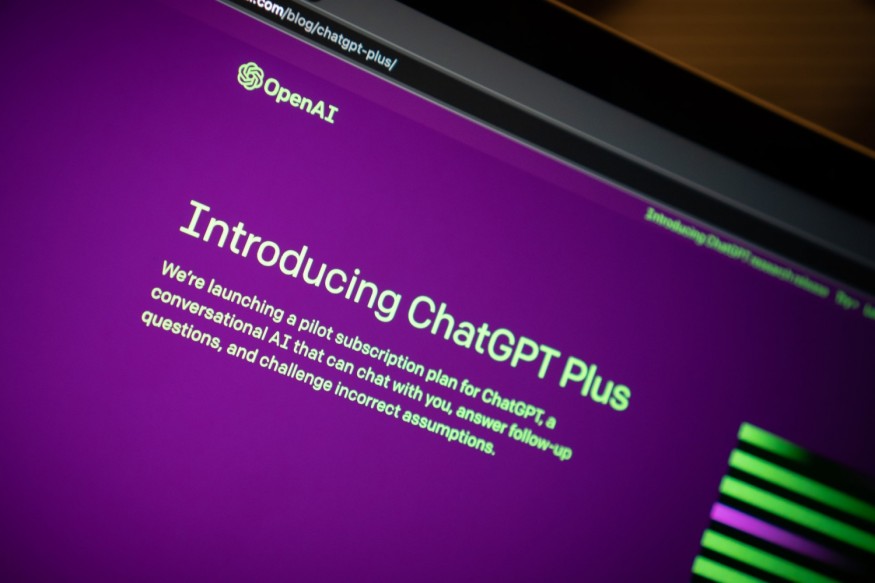
Almost overnight, ChatGPT became a new trending topic in many countries and regions around the world. After its launch in late November, ChatGPT quickly became the fastest-growing consumer app in history, registering more than 1 million users in just five days and topping 100 million two months later.
What is ChatGPT?
ChatGPT is a natural language processing tool driven by AI technology that allows you to have human-like conversations and much more with a chatbot. It can carry on conversations by learning and understanding human language. It can also interact depending on the context of the chat and assist humans with a range of tasks, such as writing emails, essays and scripts, developing business proposals, writing poems and stories, entering code and checking for program errors.
Why does ChatGPT blow everyone's mind?
An analysis of ChatGPT's structure reveals that it is a large pre-training language model developed based on Transformer algorithm architecture that can complete a range of common text output tasks, including writing code, creating recipes, doing homework, writing novels, creating business copy, etc. Open AI has positioned its pairing as a chatbot. Unlike other chatbots that generate text using predefined responses or rules, ChatGPT can generate responses based on the input it receives after being trained on a lot of data, resulting in a more natural and varied response.
ChatGPT is arguably the most advanced chatbot, and "smarter interaction" is the main reason ChatGPT has received global attention. For example, Open AI greatly expands its application scenarios by adding code understanding and generation capabilities to the model. Ethical principles have also been added to enable ChatGPT to recognize malicious messages and refuse to give valid answers, thus increasing the sense of interaction in conversations.
The launch of ChatGPT provides users with an opportunity to participate in the workflow of AI technology, and provides users who are not familiar with AI applications for a long time with a way to actually experience the development of AI technology. This is a milestone in the development of artificial intelligence, which means that AI technology has shifted from "behind the scenes" to "onstage".
Which industries will ChatGPT be used in?
ChatGPT is primarily AI, and currently, the "jobs" it can do and the areas where it can be applied are:
You can ask it questions, it can answer you with AI, and it can even give you a qualitative suggestion and opinion. It can communicate with humans in certain situations, but you can't ask questions that are too subjective or personal.
Help programmers with programming and debugging.
ChatGPT is able to draft job postings, provide letters, event notices, and other daily texts for companies.
Provide cross-border e-commerce and other cross-language product description and customer service.
Help the copywriter to find arguments and ideas from different perspectives. Give ChatGPT a point of view, and it can help give several other arguments from a pro and con perspective.
Help creative people brainstorm. You can try using ChatGPT to generate descriptions of some objects in the virtual world. It's very well written.
ChatGPT, although limited, has covered every aspect of life and career, including but not limited to media, accounting, law, programming, finance, teaching, etc.
However, judging by its current level of use and intelligence, ChatGPT has a long way to go before it replaces human workers.
First of all, it is not smart enough to think maturely and work independently. For example, ChatGPT often gives a seemingly perfect answer that contradicts objective facts and realistic logic. From this perspective, ChatGPT will require a lot of machine learning and data to replace humans.
Secondly, ChatGPT's current database is still in 2021, and it may face a series of difficulties such as privacy, security, economy, and technology if it wants to obtain a wider data license. Open AI makes it clear on its website that ChatGPT occasionally produces wrong answers because it is not connected to the Internet. In today's era of increasingly strict privacy security and data protection, Open AI will face a series of policy risks and high economic costs in order to obtain wider and fresher data for model training.
However, how to obtain massive amounts of data for machine learning in a low-cost and secure way is also a common problem facing the development of the AI industry. In order to solve this problem, some people in the industry have proposed privacy computing, blockchain and other solutions, but from the perspective of technological maturity, these technologies cannot fundamentally solve the problem.
Do people need to worry about job displacement?
As with other new technologies in the past, ChatGPT will replace some jobs and create some jobs, including being an aid to many parts of the workflow.
ChatGPT is actually a cooperative relationship with humans, like a machine that can free people's "hands." This is actually a great tool. However, everyone should know that AI currently lacks human imagination, creativity and empathy. For example, ChatGPT cannot mention human exploration of new scientific principles and new knowledge, which need to be explored and put into the knowledge base so that it can learn quickly.
© 2026 ScienceTimes.com All rights reserved. Do not reproduce without permission. The window to the world of Science Times.












